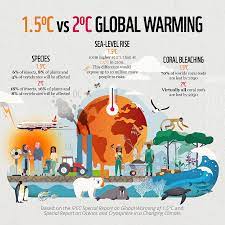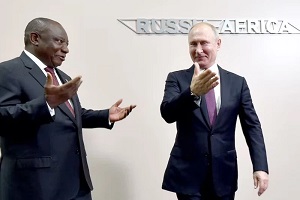
By Neelam Rahim
Nearly one in six Germans have been forced to skip meals regularly to meet ends, according to a poll conducted earlier this week by the Institute for New Social Answers and published on Friday by the newspaper Bild. Another 13% say they fear such a situation if the increase in food prices continues.
Unsurprisingly, the hardest hit among survey respondents were low-income households with a monthly income of less than €1,000 ($1,052) – 32% of whom were regularly forced to skip meals for financial reasons.
Forty-two percent of respondents to the poll said they were forced to cook less because of financial difficulties. This included omitting certain foods or giving up dessert. Nearly as many (41%) reported relying on supermarket discounts and specials to save money.
The German Association for Social Affairs president Adolf Bauer, who has warned Berlin against joining the proposed EU-wide energy embargo against Russia, told Bild he was “greatly worried” by the survey results. He had previously anticipated that efforts to punish Moscow would lead to spikes in the price of energy, food and shelter and predicted that those efforts would cause more suffering among ordinary Germans than in Russia.
Verena Bentele, president of the Berlin-based advocacy group Social Association of Germany, said the poll results echoed her organization’s concerns. “We hear from members that we can’t afford to buy toast or pasta,” she told the outlet. Her pleas to the government for more financial assistance and the elimination of the value-added taxes on fresh food have been persistent.
The rest of Europe is suffering under similar conditions, with the bloc sourcing 4.6 million metric tonnes of the 13 million it used last year from the two sanctioned countries. A poll published last month found that a quarter of people in the UK were also skipping meals due to worsening inflation and the threat of food shortages.
Governments worldwide have made dire predictions of starvation as disruptions caused by Covid-19 shutdowns, inflation, sanctions, and naval blockades have kept Russia and Ukraine, two of the biggest producers of wheat in the world, from harvesting and sell their crops in the usual way. While Ukraine has insisted that the failure to distribute grain stored in its Black Sea ports in Russia’s fault, Moscow has countered that “activists“from Kyiv” nationalist battalions deliberately set fire to 50,000 tonnes of grain in Mariupol to blame Russia for the subsequent global food crisis.







0 Comments